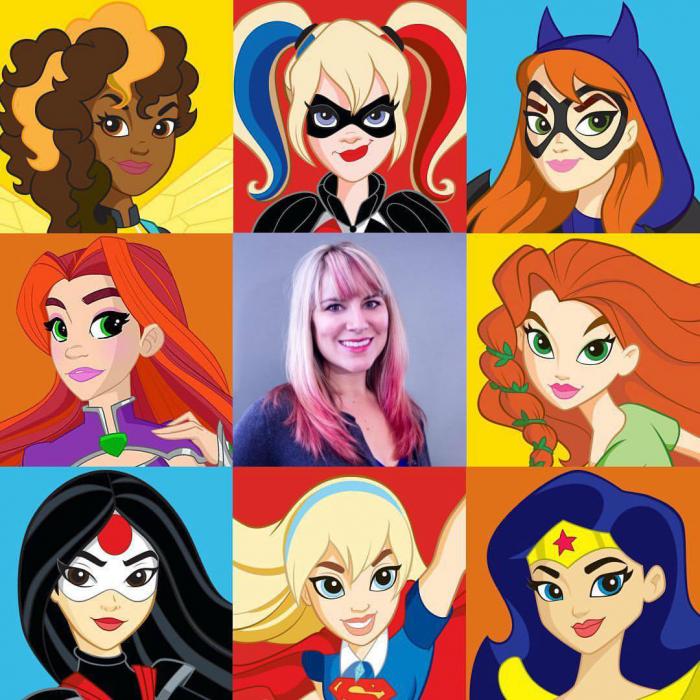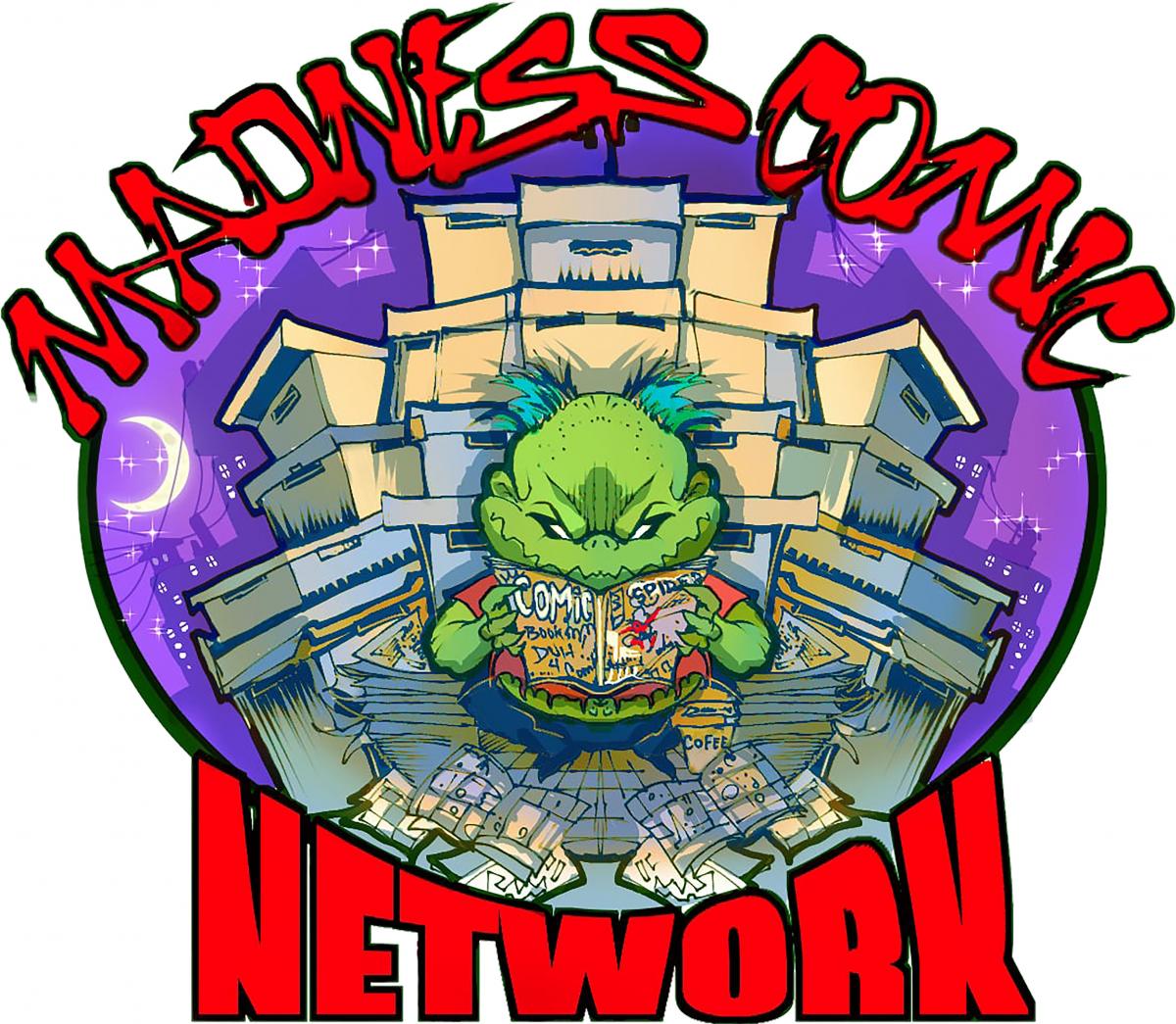You are here
Home › Interviews › DC Super Hero Girls Writer Shea Fontana: “No One is Born a Villain” ›DC Super Hero Girls Writer Shea Fontana: “No One is Born a Villain”
FTC Statement: Reviewers are frequently provided by the publisher/production company with a copy of the material being reviewed.The opinions published are solely those of the respective reviewers and may not reflect the opinions of CriticalBlast.com or its management.
As an Amazon Associate, we earn from qualifying purchases. (This is a legal requirement, as apparently some sites advertise for Amazon for free. Yes, that's sarcasm.)

If you don’t know who Shea Fontana is, you may want to look her up. She’s a rising star who is most known for her work on the highly successful DC Super Hero Girls franchise.
Having done work on other projects such as Doc McStuffins, Whisker Haven Tales (with the Palace Pets), and the upcoming movie Crowning Jules, she’s been spinning delightful stories suitable for younger audiences.
Recently Warner Bros Animation released: DC SUPER HERO GIRLS: INTERGALACTIC GAMES. A direct-to-video movie, written by Fontana, that features two rival schools converging on Super Hero High, to compete in a contest. But like most talented writers, she continues to speed ahead from one project to the next. Having written the current issue of Justice League, a jumping-on point for new readers, she’s also writing a 5-issue story arc on Wonder Woman.
I reached out to Shea Fontana and asked her a few questions about INTERGALACTIC GAMES, the importance of making superheroes accessible to kids, and she even gave us a little ‘nugget’ about her Wonder Woman story!
Intergalactic Games involved a lot of DC’s iconic villains. Yet, just when we think we know who is pulling the strings, you hit us with a plot twist that will have fans jumping out of their seats. Without giving too much away, was (spoiler) always part of the plan? Yes, the villain behind Lena was always part of the plan. Though Lena is a supremely intelligent teen, she needed some bigger help to orchestrate this scheme. So, while she thought that the other villain was working for her, we find out that she's being duped.
On the topic of villains, Platinum learned that even she is capable of going against her programming to do heroic things. With Poison Ivy and Harley Quinn portrayed as heroes, what’s the narrative behind the inclusion of characters most known for being, well, villains? Part of our overarching message with DC Super Hero Girls is that everyone has the potential to be good and choice to be heroic. No one is born a villain, and we can all choose to do the right thing on a daily basis. In Platinum's case, we see how she's inspired by the work of the heroes and learns that being a hero is a just decision.
How do you find a balance between delivering important messages to kids, without sounding too ‘preachy’? We try to make everything character driven and work within the plot of the story. All great stories have some sort of universal truth at their heart and we're going for that instead of "this is good, that is bad" message. We're not talking down to kids, just sharing ideas that we really believe are true and inspiring.
NOTE: With news coming out recently about an upcoming DC Super Hero Girls TV series, coming to Cartoon Network, I asked why she wasn’t involved with the project. She declined to answer. However she did imply that while she can’t share any details, she may be involved with other adventures forthcoming.
WONDER WOMAN’s success at the box office has parents bringing their children to share in their excitement. Some would argue that because it’s rated PG-13, it’s still a little too much for younger audiences. Can you talk a little about the importance of making these iconic characters accessible to children? The great thing about DC is that the characters are malleable and different versions from the comics, animation, or movies speak to different people. Though the version of Wonder Woman in the movie is incredible, sincere and heroic, parts of the movie may not be appropriate or accessible for young kids. Whereas with DC Super Hero Girls, we're specifically targeting younger kids and looking for those kid-related experiences. We want kids to see themselves represented in the hero population, and understand that your age can't keep you from being heroic.
There is sure to be an influx of new fans looking to read more comic books, now that everyone has seen the movie, and you have the good fortune of writing 5 issues of Wonder Woman. Do you feel any pressure to continue the momentum? Absolutely! This is an especially intimidating time to be writing Wonder Woman because the bar from Rucka's run and the movie has been set so high! I hope I can do the character justice as I tell this story and that the readers dig what we're doing.
Is it too early to share or can you tell us something that will get readers excited for your Wonder Woman story? At the heart of this arc is the friendship between Wonder Woman and Etta Candy. Mirka Adolfo has done an incredible job infusing the art with such warmth and love between these characters and I can't wait for you all to see it!
And finally, just for fun, Superman gives us hope. Wonder Woman shows us love. If Shea Fontana were a superhero, what inspiring message would you want to convey? Lately as I write Wonder Woman, I'm feeling like "Dreams Come True Girl."
Seeing as how this writer got the chance to interview Ms. Fontana, I agree.
Don’t forget to check out our review of DC SUPER HERO GIRLS: INTERGALACTIC GAMES, it's out of this world!


